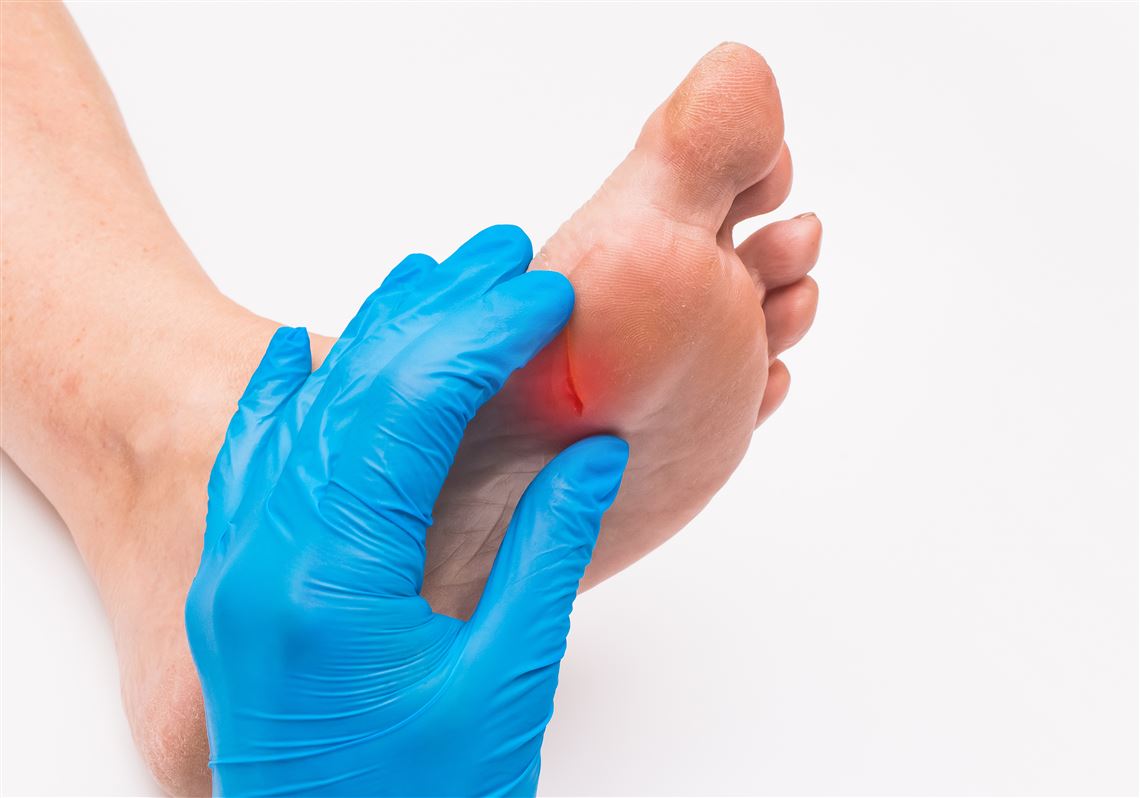“In 2014 the 25 Club donated $200,000 to the fetal therapy program, allowing me to spearhead an international evidence-based reassessment of prenatal shunting of fetal severe hydrocephalus. Prenatal shunting was attempted in the 1980s but was abandoned due to perceived lack of effect. Given the dramatic changes in medicine in the intervening three decades, I recommended a study through NAFTNet to reinvestigate it. Thanks to the 25 Club’s gift, we have made major strides in the design of a shunt device, have begun testing in an animal model, and have initiated the application for FDA approval. I presented our work at the IFMSS conference in August of 2016, with members of the original investigation team from the 1980s in attendance, to overwhelming enthusiasm, encouragement and support. This initiative will move forward in the coming years and holds the promise to improve pregnancy outcomes on a global scale if successful. The 25 Club’s generous donation allowed me to start this initiative and has placed Magee-Womens Hospital as a leader in clinical care, research, and innovation.”
Hydrocephalus is a condition that occurs when fluid builds up in the skull and causes the brain to swell. Brain damage can occur and result in developmental, physical, and intellectual impairments. Treatment is required to prevent serious complications. In the 1980s, attempts were made to shunt these babies, but shunting was abandoned because not all interventions ameliorated the problem, physicians were not able to accurately identify those that would benefit and the shunt technology was primitive.With advances in the field of prenatal diagnosis and fetal intervention, Dr. Stephen Emery and his team have developed a shunt to treat fetal hydrocephalus in-utero. The Twenty-Five Club award enabled them to prospectively diagnose fetal hydrocephalus, engineer and construct a shunt, and place that shunt under ultrasound guidance resulting in effectively draining the fluid. After the first year of the grant, these procedures and technologies are ready to be tested on animals ensuring safe usage in fetuses.




